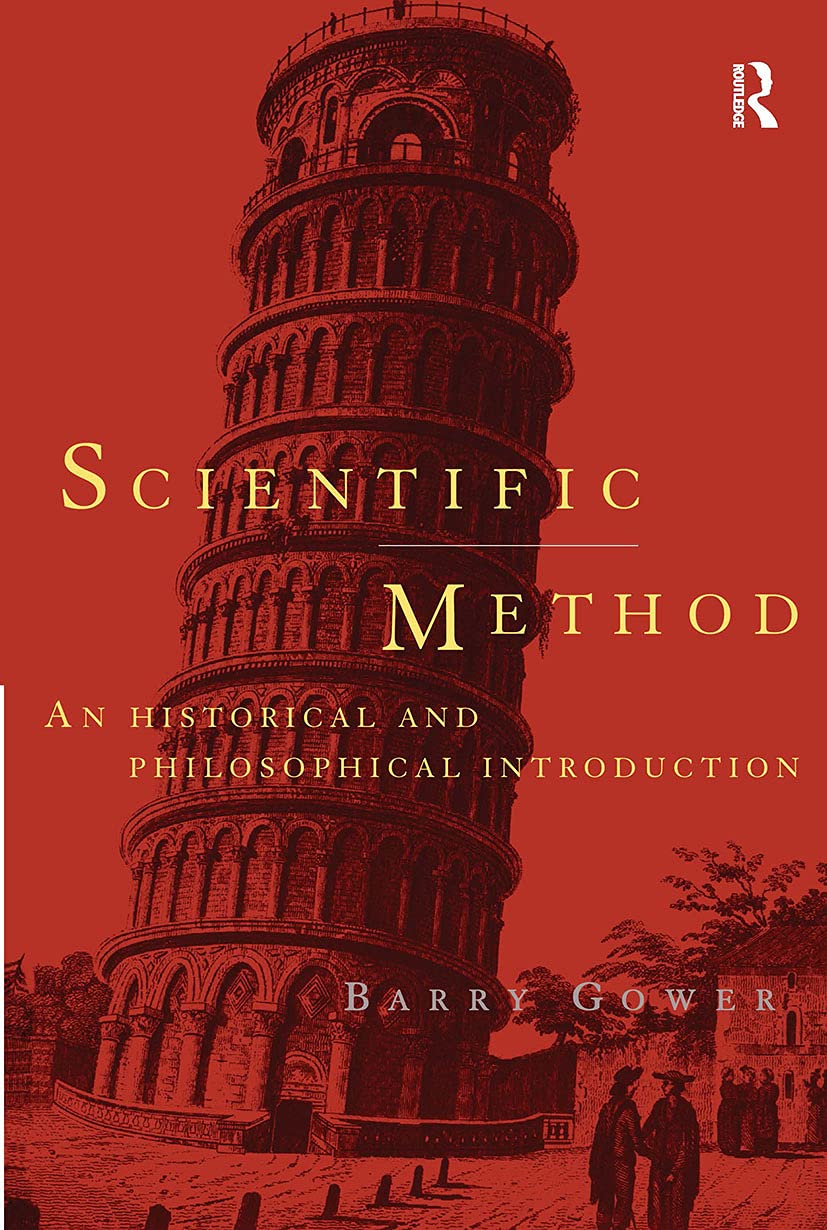Scientific Method: A Historical and Philosophical Introduction (Routledge Advances in Management and)
Scientific Method: A Historical and Philosophical Introduction (Routledge Advances in Management and) is backordered and will ship as soon as it is back in stock.
Couldn't load pickup availability
Genuine Products Guarantee
Genuine Products Guarantee
We guarantee 100% genuine products, and if proven otherwise, we will compensate you with 10 times the product's cost.
Delivery and Shipping
Delivery and Shipping
Products are generally ready for dispatch within 1 day and typically reach you in 3 to 5 days.
Book Details:
-
Author: Barry Gower
-
Brand: Taylor & Francis Ltd
-
Edition: 1
-
Binding: Paperback
-
Number of Pages: 288
-
Release Date: 14-11-1996
-
EAN: 9780415122825
-
Package Dimensions: 9.2 x 6.1 x 0.7 inches
-
Languages: English
About the Book:
Scientific Method: A Historical and Philosophical Introduction by Barry Gower offers an in-depth exploration of the evolution of the scientific method, particularly focusing on the philosophical debates that have shaped modern science. It traces the development of experimental and mathematical methods, as well as probabilistic reasoning and their impact on scientific conclusions.
Key Themes:
-
Philosophical Debates in Science: The book examines how modern science's foundation in experimental and mathematical methods has sparked ongoing philosophical discussions. It brings attention to the debate around whether probabilistic reasoning should constrain conclusions to ensure practical certainty, making it relevant for anyone interested in the intersection of science and philosophy.
-
Historical Context of Scientific Methods:
-
Galileo's demonstrative method, Bacon's inductive method, and Newton's rules of reasoning form the foundation of key early scientific thinking.
-
The rise of probabilistic Bayesian methods in the 18th century and later developments like the hypothesis method from Herschel, Mill, and Whewell.
-
The book also covers Poincaré and Duhem's conventionalist views, Peirce, Russell, and Keynes' inductivism, and Popper's falsification compared to Reichenbach's enumerative induction.
-
-
Key Philosophers and Theorists:
-
The work introduces Carnap's scientific method as Bayesian reasoning, providing a philosophical framework for how scientific reasoning has evolved.
-
In the later chapters, the debate extends into the social sciences through the ideas of Kuhn, Lakatos, and Feyerabend, making this book essential reading for those interested in the philosophy of science across various disciplines.
-
-
Skepticism about Methodology: The final sections deal with the skepticism surrounding the very notion of a method in modern science, raising questions about the reliability of natural science conclusions and addressing these concerns from a historical and philosophical perspective.
Conclusion:
This book is a philosophical and historical survey that critically explores the scientific method and its evolving debates. It will be of interest to students of philosophy, history of science, and social sciences alike, especially those looking to understand the foundations and philosophical implications of scientific reasoning.
About the Author:
Barry Gower is a Philosophy of Science professor at Durham University. He brings a scholarly approach to exploring the intersection of philosophy and science in this work.





